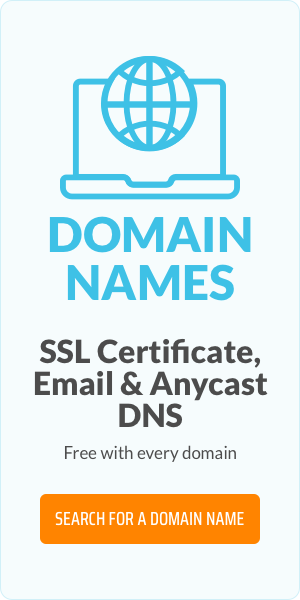ICANN survey - Awareness of new gTLDs growing, but…

…there’s less trust than a year ago. ICANN’s recent survey measures attitudes towards gTLDs and the domain name system. Data collected from 5,452 users in Asia, Europe, Africa, North America, and South America. It’s a bumper survey, 161 pages, so I’ve pulled out some highlights for you…
Global Consumer Research Survey – Phase 2
The survey was first taken last year. It looked at awareness, choice, experience, and trust with regard to gTLDs; domain extensions including legacy ones like .COM, newbies like .GURU, and country code domains (ccTLDs) like .BE, .DE.
Legacy TLDs | Awareness
- Respondents are familiar with .COM, .NET and .ORG. Recognition and site visits have increased since last year for all legacy TLDs.
New gTLDs | Awareness
- Respondents said new gTLDs (new domain extensions) will bring more structure to the content on the Internet. Plus, users will have more domain name choices.
- The majority of respondents knew that domain extensions classify sites by type, content, purpose, and location. 1 in 5 is unsure why websites have different extensions. Meh, you can’t win ’em all!
- Globally, recognition of new gTLDs is slowly increasing. New domains added this year, .NEWS and .ONLINE, are highly visible, followed by .EMAIL, .LINK, .WEBSITE, and .SITE. In 2015, .EMAIL and .LINK were winners but results were questioned. Were respondents familiar with ’email’ and ‘link’ purely as Internet concepts? Might this have also skewed the results of .ONLINE and .WEBSITE? Following the 2015 survey ICANN said, “The survey found that domains with an implied purpose and functional associations, such as .EMAIL, were most often recalled by Internet users.”
Trust & security
- Respondents thought legacy TLDs were the most trustworthy, because they’re familiar and/or they originate from a trustworthy place.
- Consistent with last year, country code domains (ccTLDs) kept their strong position. They are of course, most trusted in the relevant regions. This high level of trust is recognised by domain name registrants and end users visiting websites.
- The new gTLDs generated more security concerns because they’re new and an unknown entity. As yet they have no history of previous usage (domain authority).
- Respondents expressed concern about providing personal information on sites using new gTLDs. Less so than with legacy and ccTLDs. It’s a concern that’s stable, but can’t be ignored.
- 70% of respondents favoured registration restrictions as a way to increase security and trust for legacy and new gTLDs. This figure has increased since last year. Restrictions should include credentials, location, and consistent use. Content on websites must match the intended meaning of the domain name and extension. Whilst users may moan when they’re refused a domain name application, preference for strict purchase requirements is an acknowledged improvement and demand is increasing.
- The majority of respondents know how to determine the legitimacy of a website. Checking appearance, content, and domain name/extension. They know to look for antivirus software, SSL security certificates, and they recognise alert messages. Which leads me to ask why aren’t more website owners using SSL!
Weak links…
- The survey has been designed to build a database of consumer attitudes towards domains. Considering there’re over seven billion people in the world, a sample set of 5,452 respondents is ridiculously small. And, it’s less than the 6,144 last year!!! I think for a more balanced, honest and valuable representation of consumers’ opinion, there have to be more respondents.
- What industries do the respondents work in? Are they in IT roles using the Internet regularly, so more likely to have awareness of domain extensions? Or, an hour a week to place a food order?
- Awareness increasing is a positive thing but the fact that they’re losing trust has to be addressed. Why’s it happening? Dare I say, ‘freebies’, and the number of fraudsters jumping on them (oops, did I say that out loud?!).
- The .XYZ and .TOP domains are in the top ten with regard to domain names registered. Yet, the survey states that awareness for these domains is low – 9% and 11%. Both registries have given domain names away which may explain the high number of registered names. But if I was a registry, I’d be concerned about low awareness – presumably quantity rules, OK!
- It would have been interesting and a valuable control, to include fake domain extensions. How many of these domains are you aware off and how many sites did you visit that use them? Would .UNICORN* have had high awareness? Lots of site visits?
The survey
It’s a big old survey full of hundreds of words, lots of graphics and way too many numbers. If you fancy trawling through it, or last years, I’d love to see your comments.
The 2015 survey | The 2016 survey
* .UNICORN was a new domain extension that was tragically withdrawn because it was too similar to a brand name application.
ICANN 56 Helsinki - Legal eagle Luc, reports back…
Related articles:
